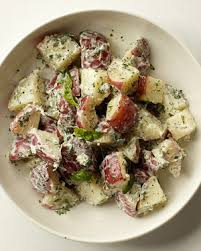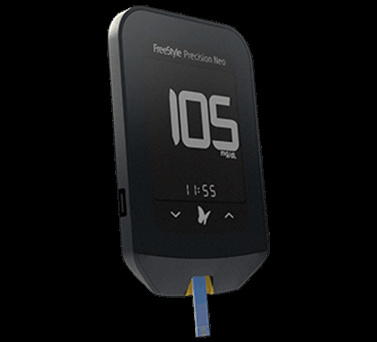People see a “slight” but “significant” reduction in post meal blood glucose when they cool down starches (like potatoes, rice, pasta) after cooking .

There has been a lot of recent chatter about potato salad being therefore low carbohydrate - which I would love if it were so, because I love potato salad with mayo and bacon and some chopped chives.
Several things to note here tho. Potatoes are themselves significantly insulinogenic … behind only Jelly beans and a Mars bar on the Insulin index
(Sort the list by Insulin effect)
Any measurement of blood glucose after eating potatoes is not measuring the ACTUAL glucose delivered but the amount not sequestered by the insulin secreted. In other words measuring your response to potatoes with a retail glucometer is not really telling you how many carbohydrates you just ate.
Lowering glucose response by a small but significant amount does not negate the fact that you just ate a bunch of glucose, a small amount of which was in starches so folded up by the heat-cool-heat process that your enzymes couldn’t properly unpack them.
The rationale behind eating resistant starches is to feed the cells that line our gut - our enterocytes.
It is true that your gut prefers to get energy from 4 carbon fat molecules, and one source of those is butyrate made by gut bacteria from starches that you yourself could not digest (and therefore they make it to your large intestine). I’d add 2 extra points to that;
There are vegetables like Jerusalem Artichokes that have a fiber called inulin (I wrote insulin originally - thanks @fiorella) that humans can’t digest but out gut bacteria can … and turn into way more butyrate than they would from the small amount of resistant starch found in a potato or rice that had been cooled. They also serve a similar textural component to meals as potatoes … but be judicious. They aren’t called Farty-chokes around here for nothing.
The other thing is your gut is equally happy running on betahydroxybutyrate which is a ketone molecule that you naturally make when you eat very few carbs … so you can adequately fuel your gut cells from their blood supply rather than depending on your gut bacteria.


